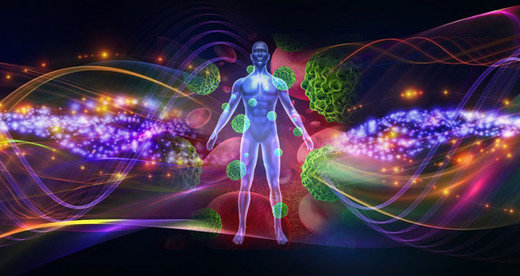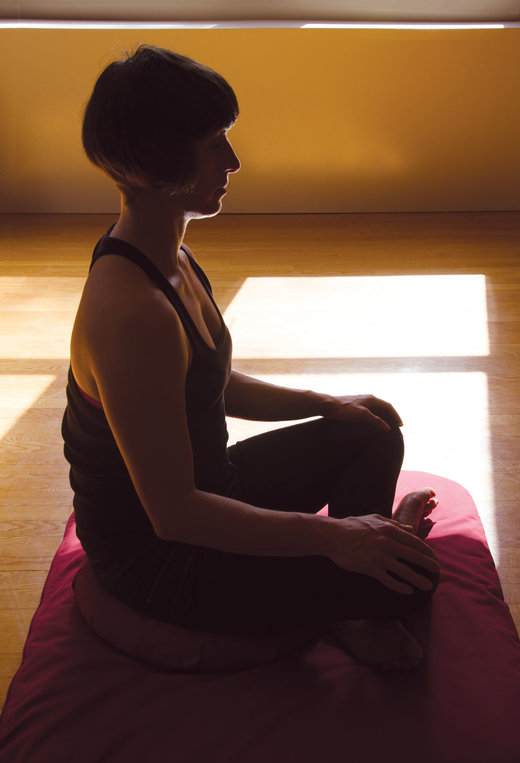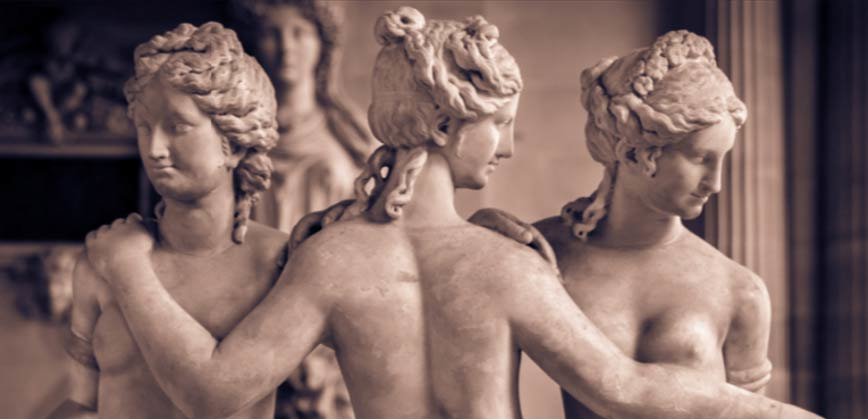
The work is published online Feb. 25 in the journal Neuron.
Arne Ekstrom, associate professor at the UC Davis Center for Neuroscience, wants to know how we memorize places and routes, and learn to find our way around. It's long been known that as a rat navigates a maze, its brain gives off a rhythmic oscillation, Ekstrom said.
This also happens when humans travel around a virtual landscape on a computer screen. Most models of brain function assume that the oscillations, emanating from the hippocampus deep inside the brain, are at least partly driven by external inputs.
"There is this rhythmic firing in the brain during navigation and while remembering things, but we don't know if it is triggered by sensory input or by the learning process," Ekstrom said.












Comment: